New Faculty Open Mic Program
This program (being offered at no cost to tenure track faculty on all 64 SUNY campuses) began as a collaboration between the Center for Mentoring, Learning and Academic Innovation (CMLAI) SUNY Empire State University and the SUNY Center for Professional Development (CPD).
The SUNY New Faculty Open Mic Program is designed to support the work of new tenure track colleagues in their first three years across the State University of New York. This Peer Mentoring Program offers new faculty an opportunity to talk about vital issues as teachers, scholars and advisors.
How it Works:
The program consists of a series of regular online meetings facilitated by Empire State University & CPD faculty and staff, and previous program participants (current SUNY faculty serving as peer facilitators). This informal, group-oriented, and participant-directed program has two goals:
- Build community and connection among new SUNY faculty
- Provide peer support in navigating various aspects of the faculty role – teaching, mentoring/advising, service, scholarship (and more)
The meetings feature an “open-mic” format with no set agenda other than the issues, questions and problems faced by new faculty. These one hour sessions will serve as opportunities for new faculty to share concerns and to get feedback from others. These sessions are intended as nonjudgmental forums; no questions are inconsequential; discussions among colleagues stay within the confines of our group. It is not required that you attend every session if you have a conflict with one or more. However, the Open Mics will not be recorded in order to maintain confidentiality for the participants.
Session Dates & Registration
The meetings will take place in Zoom every other week on Mondays, from 2:00 pm – 3:00 pm:
February 9, 2026
February 23, 2026
March 9, 2026
March 23, 2026
April 6, 2026
April 20, 2026
May 4, 2026
Meet the Facilitators:
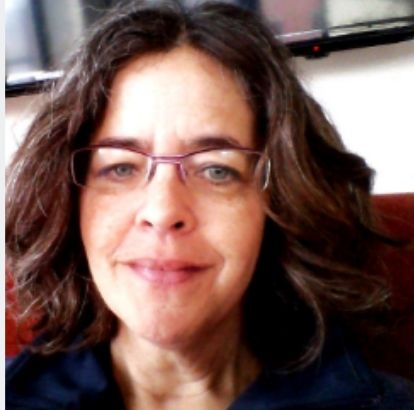
Shantih Clemans
Shantih Clemans is a professor/mentor in Human Services at SUNY Empire State University and one of the first facilitators (with Chris Price and Alan Mandell) of the SUNY Open Mic project. With a prior professional career in social work, specifically in the practice areas of trauma and group work, Shantih has taught courses to Human Services students that pulled from her direct work in the social work field. Shantih has published and presented on topics including group work with survivors of trauma, vicarious trauma, staff supervision, cultural competency, and most recently, the complexity and rewards of teaching and mentoring adult students. Shantih is also an illustrator and comic artist.
Shantih is the previous director of SUNY Empire’s Center for Mentoring, Learning and Academic Innovation (CMLAI).
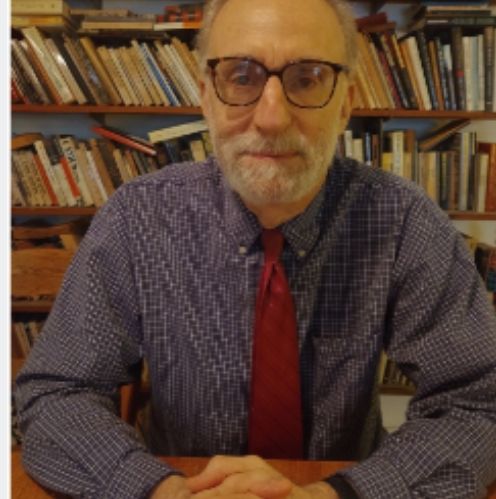
Alan Mandell
Together, Clemans and Mandell regularly have worked together in creating and facilitating a wide range of activities focused on supporting colleagues in their multiple faculty roles.
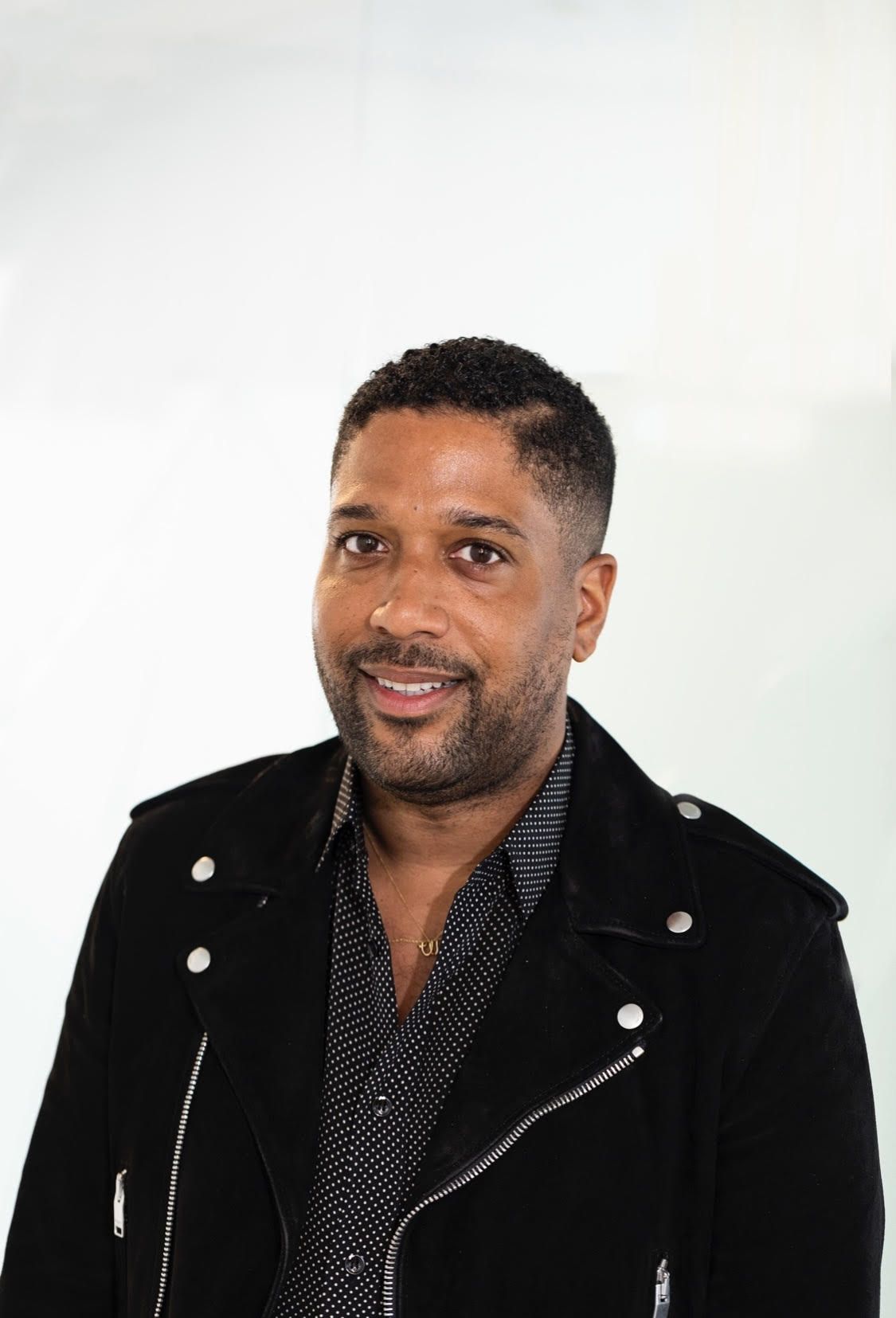
Warren Satchell
Warren Satchell is an Assistant Professor at the Fashion Institute of Technology with over 20 years of experience across the global fashion and retail industry. His background spans brand strategy, buying and merchandising, product development, and trend direction, with leadership roles at WGSN, Amazon Fashion, Gap Inc., Kenneth Cole, and Giorgio Armani S.p.A./Armani Exchange.
An entrepreneur and educator, Warren co-founded Harlem Biscuit Company during the COVID-19 pandemic and brings a deeply applied, real-world perspective to his teaching and mentorship. He holds a Master’s degree in Innovation & Entrepreneurship from Northeastern University and is an alumnus of Virginia Commonwealth University.
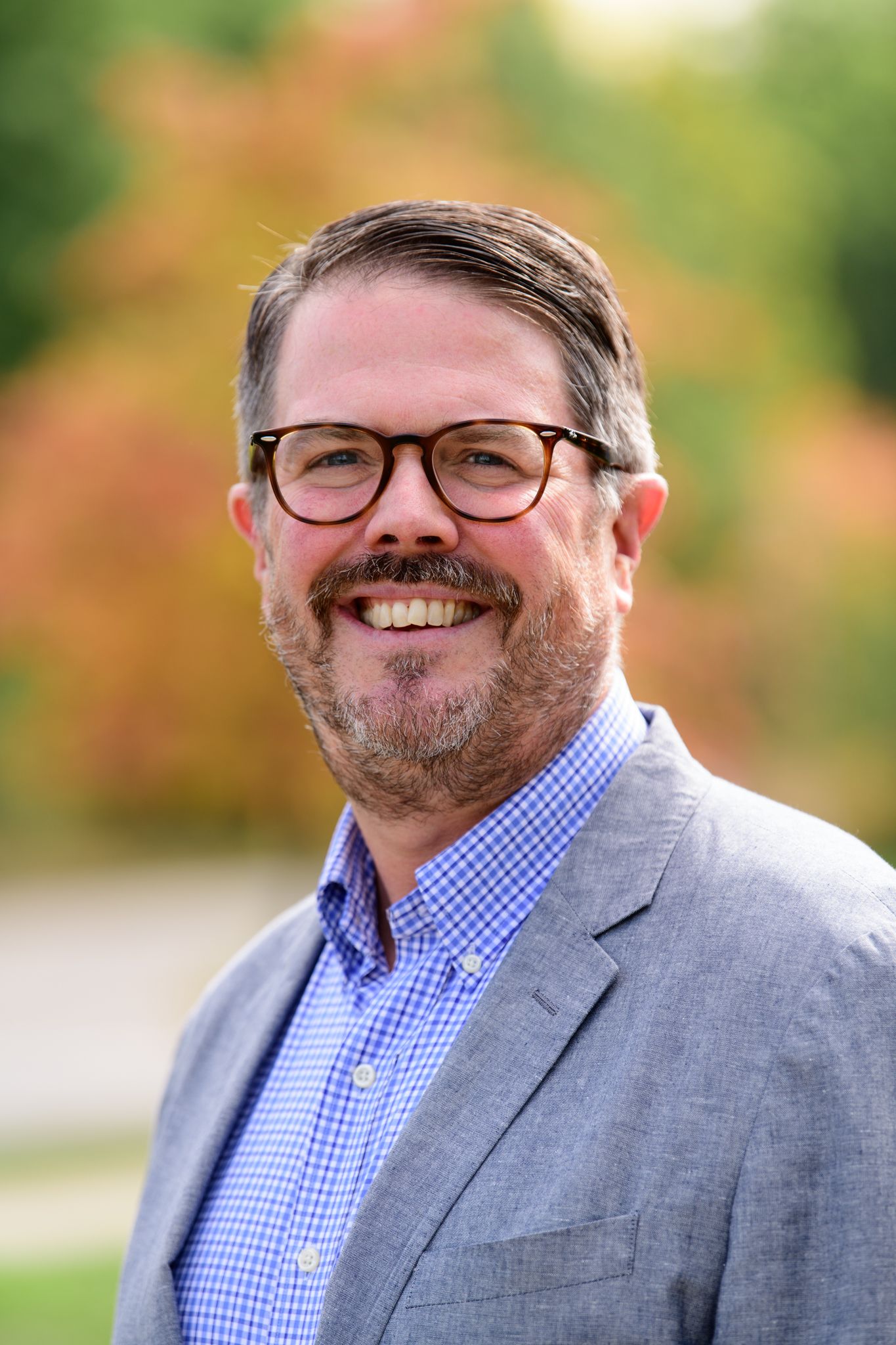
Christopher Price
Chris Price is the Director of Educational Development at the SUNY Center for Professional Development (CPD). Chris designs and implements professional development programs for faculty and staff both in and outside SUNY. Prior to his position at the CPD, Chris was Director of the Center for Excellence in Learning and Teaching (CELT) at SUNY Brockport for 12 years. He started working at Brockport after receiving his PhD in Political Science from the University at Albany in 2004. Chris continues to teach online for Brockport as an instructor in the Master of Arts in Liberal Studies program.
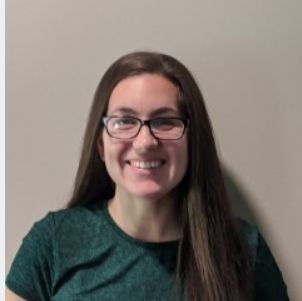
Katie Griffes
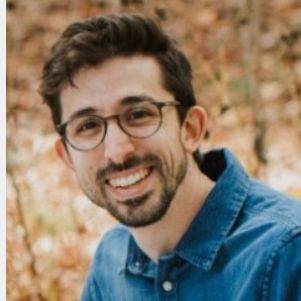
Bryan Picciotto
Bryan Picciotto, Ph.D., is an Assistant Professor in the Communication and Media Department and part of the new Sustainability cohort at SUNY Oneonta. As a teacher-scholar, Bryan aims to empower people, through communication theories and practices, to build communities amid difference. In the classroom, he engages active learning strategies that create space for dialogue and empathy, and received honors for his experiential pedagogy, including the Innovative and Creative Teaching Award from the University of Maine. His teaching connects to his research in the field of rhetoric, where he explores embodied experience as a form of communication and social change, with current projects analyzing the tourism industry and outdoor recreational culture.
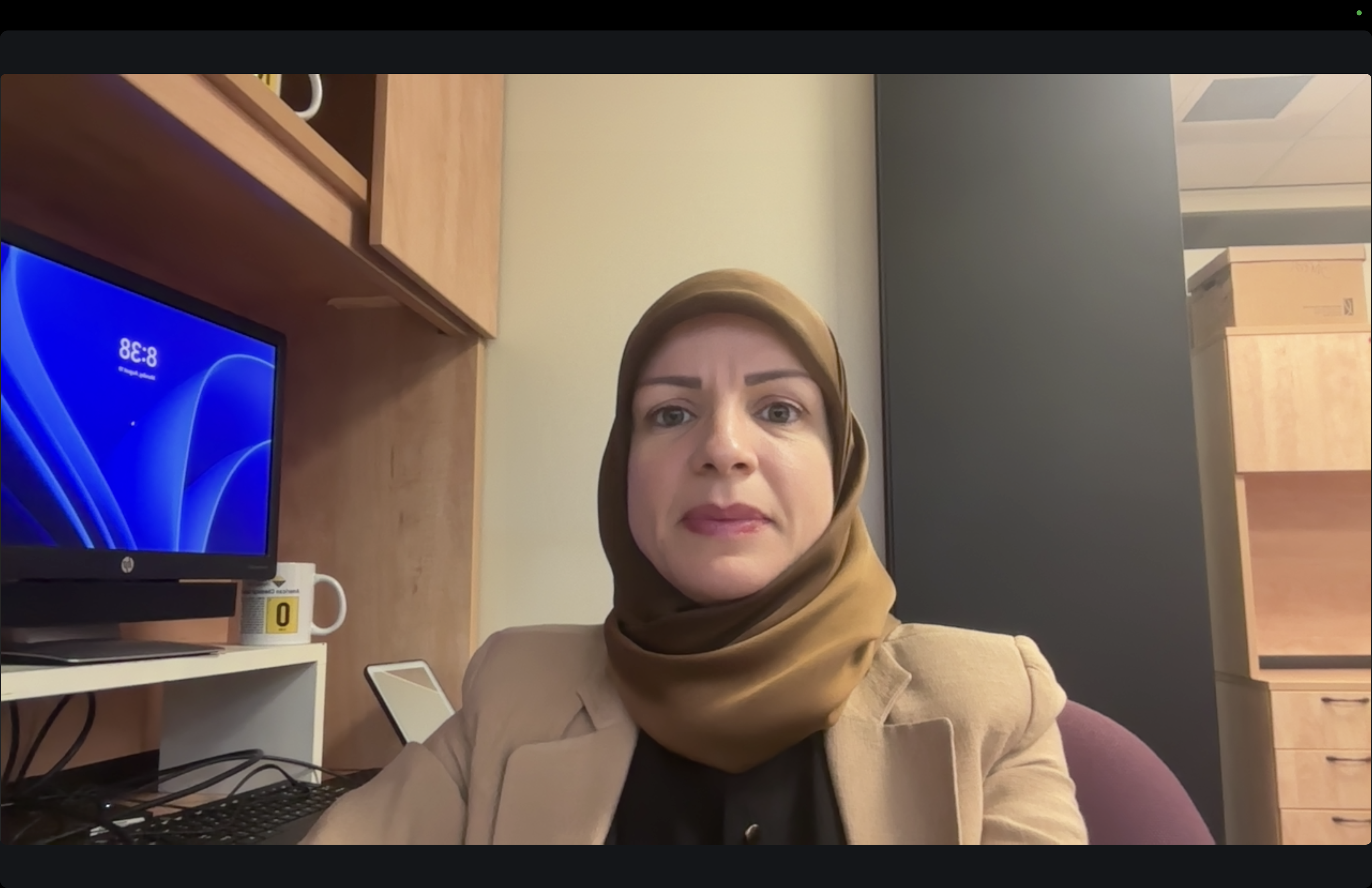
Rabab Aoun
Rabab Aoun, Ph.D., is a chemistry instructor at the Laboratory Science Department of SUNY Jefferson Community College. She is passionate about being an exceptional educator and focused on discovering the path to greatness in teaching. She believes in her student’s potential and is inspired when they overcome their challenges and uncover the secrets for their success. She received a Ph.D in Chemistry from Wayne State University, MI. Beyond teaching, she finds pleasure in walking through nature and applying her chemistry expertise to enhance recipes for better cooking.
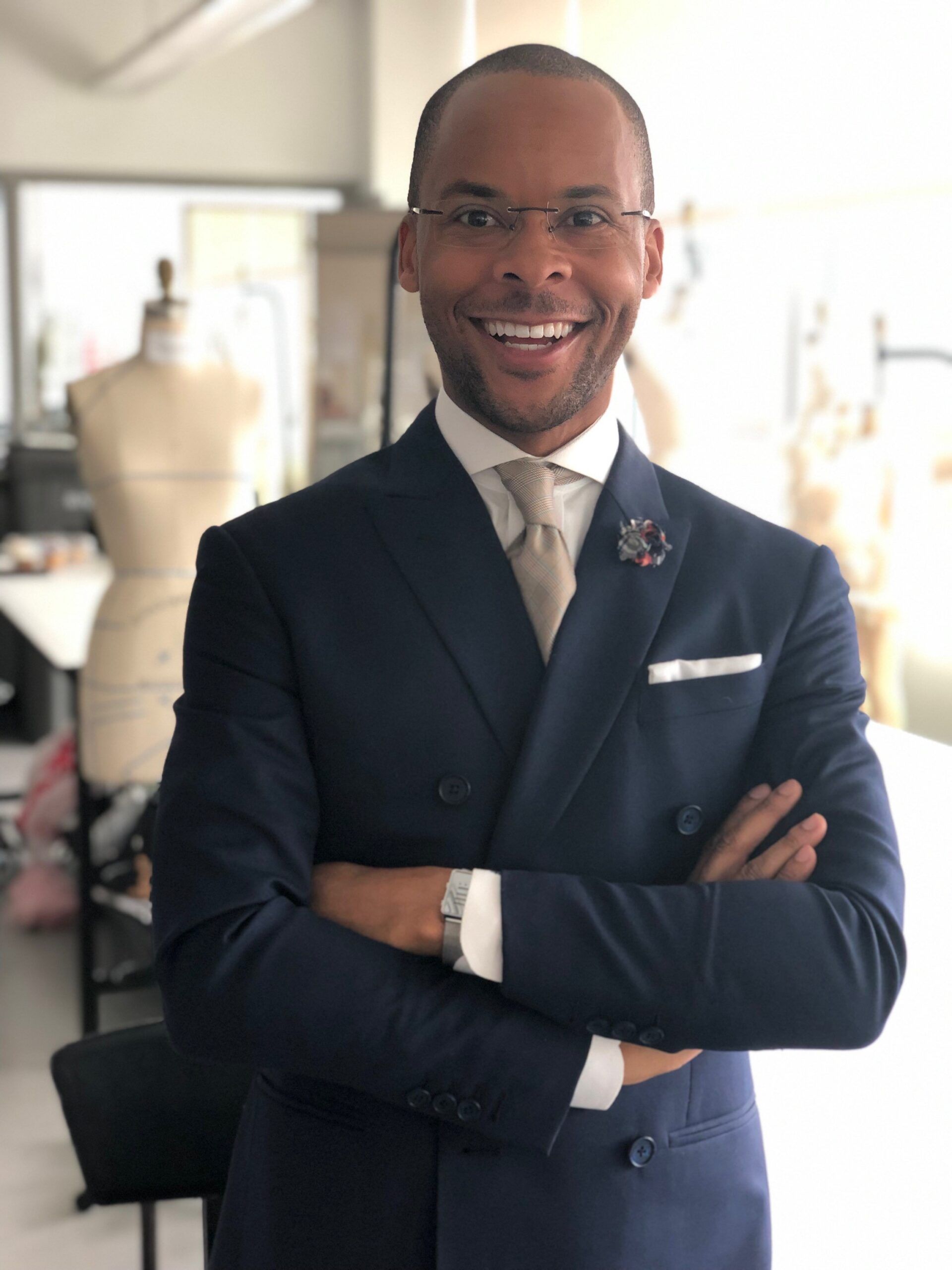
Keith A. Fraley
Keith A. Fraley is an Assistant Professor in the Department of Fashion Business Management at the Fashion Institute of Technology (FIT) in New York City. He teaches courses including Business Intelligence in Planning and Buying (Retail Math), Fashion Analytics and Data Insights, and Leadership Development for Retailing, with an emphasis on data-informed decision-making and leadership development within the fashion and retail industry. Prior to joining FIT full time, Keith built professional experience across the global fashion and retail sector, working with organizations such as Nine West Group, Nordstrom, and Foot Locker.
Keith holds multiple advanced degrees in fashion business and strategy. He earned a Bachelor of Arts in Fashion Merchandising from Norfolk State University, an HBCU, graduating summa cum laude. He completed a Master of Business Administration (MBA) in Fashion Business from LIM College, followed by a Master of Arts with a concentration in Fashion Business from Cornell University. His master’s thesis examined representation, identity, and Black male imagery within the fashion system.
He is currently a PhD candidate, and his doctoral research focuses on executive leadership, organizational culture, and decision-making in the luxury fashion industry. His scholarly interests bridge leadership studies, fashion business education, and reflective pedagogy, with a sustained focus on equity, professional development, and student success in higher education.
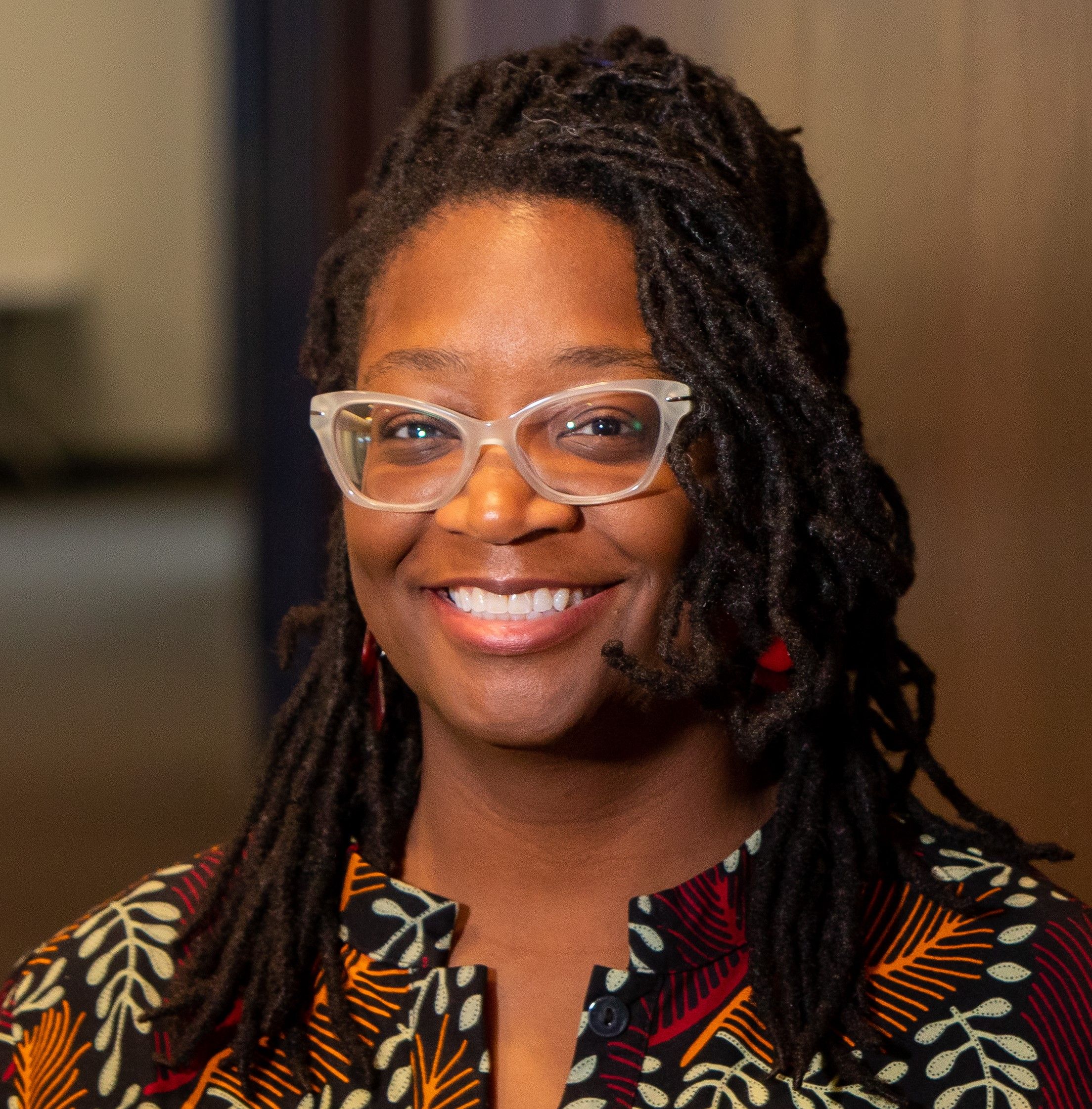
Africa S. Hands
Africa S. Hands is assistant professor in the department of information science at University at Buffalo. As a first-generation faculty member, she enjoys helping new faculty navigate the hidden curriculum of the academy. Her research bridges information and education through its focus on two lines of inquiry: 1) education-related information access within marginalized and underserved communities and 2) professional education and experiences of library and information science (LIS) students, especially those who identify as first-generation students. Her work has been published in the Journal for Education of Library and Information Science, Education for Information, and Information and Learning Sciences. She holds a PhD in information ecology from Queensland University of Technology and an MLIS from San José State University.
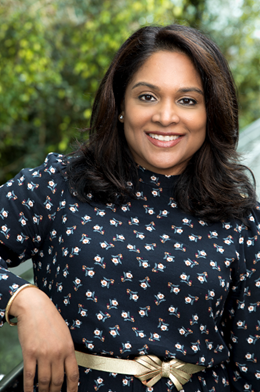
Shalinie Sarju
Shalinie Sarju is an Assistant Professor in the Exceptional Education and Learning Department in the School of Education at SUNY Old Westbury. She earned a bachelor’s degree in Speech and Language Pathology and Audiology, and a master’s degree in Early Childhood, Special Education, and Elementary Education from Hofstra University. She holds a doctorate degree in Educational Leadership for Diverse Learning Communities from Molloy University. Shalinie has served her profession across many grades, class types, and locations in the New York area before her appointment at Old Westbury. With scholarly interests that aim to impact students classified with disabilities and qualitative research methods, Shalinie pursues inclusive, strength-focused, and flexible learning environments. She teaches in the graduate and undergraduate programs.
Contact Us
For questions, please contact: